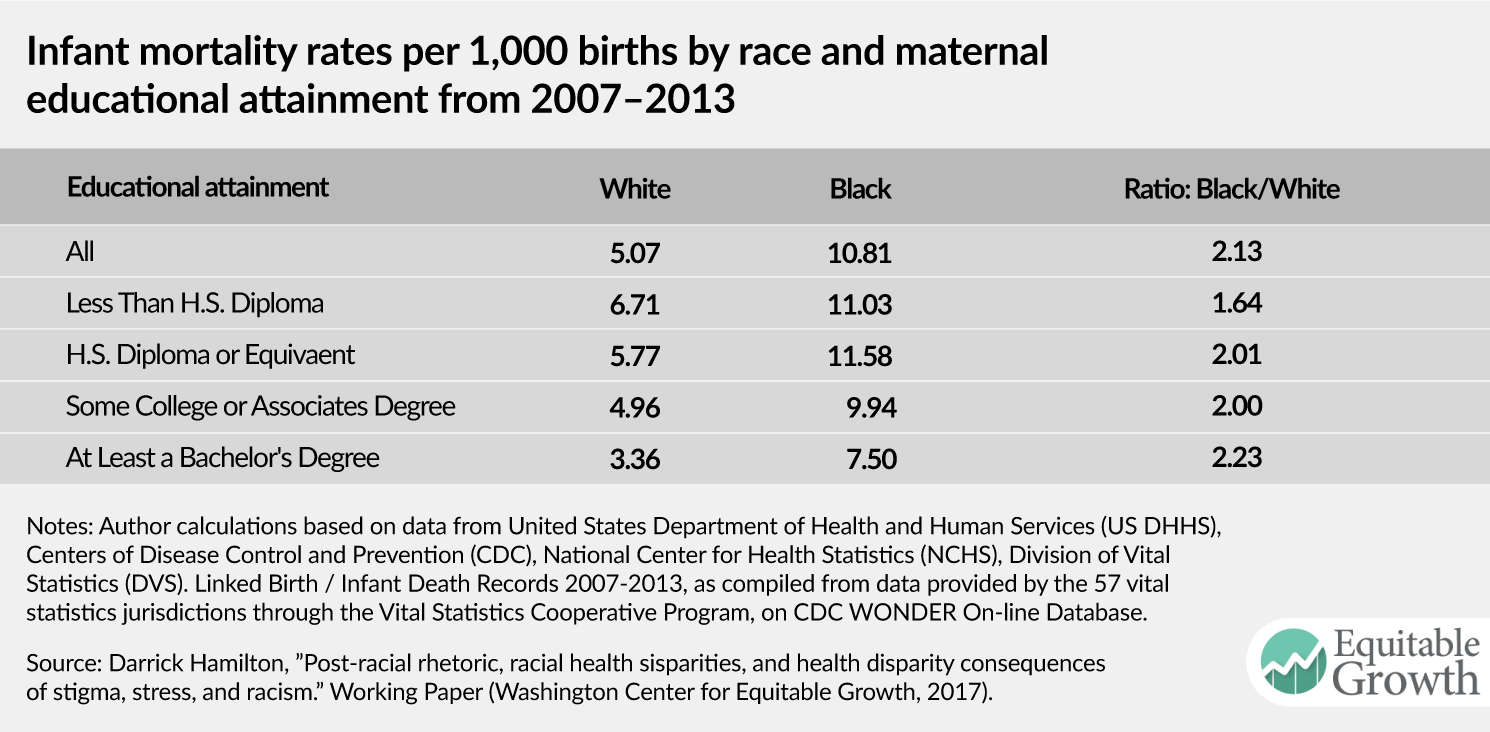Should-Read: @delong @pseudoerasmus @leah_boustan: On Twitter: What high skilled jobs did the domestication of the horse eliminate?: “@leahboustan: @pseudoerasmus @de1ong To me, robot has connotation of ‘artificial intelligence’ so CNC would be robot-like but assembly line would not be…
…@pseudoerasmus: well the issue is mostly semantic but I see no reason to stress AI like aspects; for me anything which reduces L intensity is ‘robotic’
@leah_boustan: Yes, I suppose it is semantic. But, we already have a phrase for what you describe (“K that subs for low-skilled L”)
@pseudoerasmus: I prefer to stress the historical continuity. fear of robots continues a 250 year old theme of fear of biased tech changes reducing L inputs. The earliest machines did not eliminate low-skilled jobs. they eliminated (for that time) high-skilled jobs.
@de1ong: What high skilled jobs did the domestication of the horse eliminate?
Humans add value as:
- B. strong backs
- F. nimble fingers
- M. microcontrollers
- R. robots not yet invented
- A. accountants
- S. smilers
- P. personal servitors
- T. thinkers
(B) started to go out with the horse, & (F) with the IR. But that OK, because huge demand for M, R, A. But now fewer and fewer R—people doing the almost-automatable parts of high-throughput production processes. Robots taking M—every horse needed a human brain as a microcontroller, but that value added source is going away. AI is taking accounting in the broad sense.
That leaves us with T, P, and S—thinking, personal servitors, and smiling (i.e.: social engineering and “management” in the broadest sense.
“Unskilled/middle-skilled/high-skilled” just does not cut it. Instead, we have BFRMASPT, each with flavors that need more or less book-larnin &/or experiential feedback and practice. Plus the whole “unskilled”. An “unskilled” job is a job that can be done by the 50-watt supercomputer that is the human brain without the extensive and painful reprogramming needed to get it do things far from its default skill set (i.e., alphabetically sort 500 names). But every “unskilled” job is, if you go to the EECS departments, also classified as a currently-unsolvable AI problem. From teh comptuer’s perspeictve, these are not “low cognitive load” or “easy” tasks at all.
@pseudoerasmus: I agree 100% but yr mention of the horse is western-Eurasian-centric since east. Eurasia had different rate of animal-human substitution :-)
@de1ong: If you say that, you must follow it with references on the domestication of the elephant and the llama…


